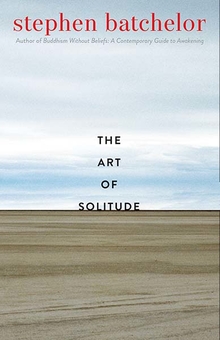What do you think?
Rate this book


200 pages, Hardcover
Published February 18, 2020

"It is easy in the world to live after the world's opinion; it is easy in solitude to live after our own; but the great man is he who in the midst of the crowd keeps with perfect sweetness the independence of solitude."
-Ralph Waldo Emerson
